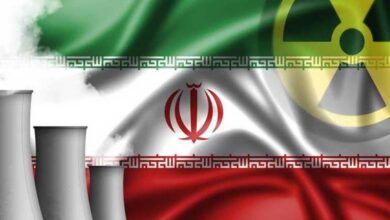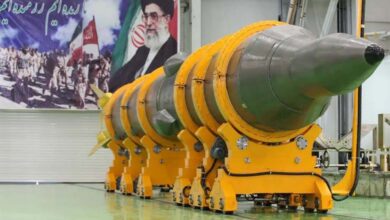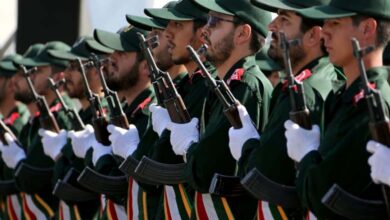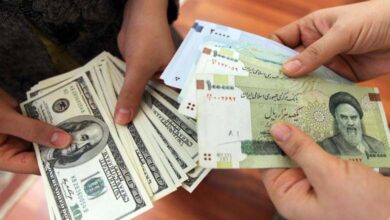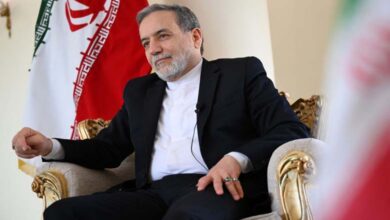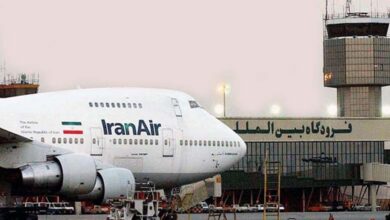The deal is over: Iran no longer bound by nuclear restrictions
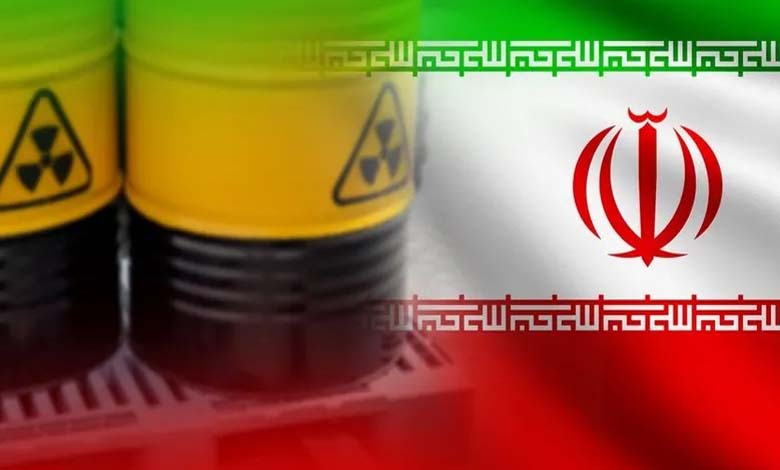
Iran announced on Saturday that it is no longer bound by the “restrictions” linked to its nuclear program, while reiterating its “firm commitment to diplomacy.”
In a statement released by the Iranian Ministry of Foreign Affairs, Tehran declared that “all provisions of the agreement, including the limitations on Iran’s nuclear program and the associated mechanisms, are now considered expired.”
Nevertheless, the Islamic Republic emphasized its “continued commitment to the diplomatic path.”
-
Iran comments on Trump’s plan: We support any initiative to stop the fighting in Gaza
-
Dawn Executions in Iran: Six Alleged Israeli Agents Put to Death
“No reason”
A week earlier, Tehran stated that it saw “no reason” to resume negotiations with European countries regarding its nuclear program, after France, the United Kingdom, and Germany reaffirmed their “determination” to revive the talks.
At the initiative of this European trio, the United Nations reinstated its sanctions against Iran on September 28, following the failure of efforts to reach a comprehensive settlement of the nuclear issue.
-
New Blow: First U.S. Sanctions on Iran After Snapback
-
Sanctions on Iran Threaten the Regime as Public Anger Grows
“What could they possibly achieve?” Iranian Deputy Foreign Minister Abbas Araghchi said on state television. “We see no real reason to negotiate with them again,” he added.
In a joint statement issued the day before, the three European countries declared: “We remain determined to restart negotiations with Iran and the United States to reach a comprehensive, lasting, and verifiable agreement that ensures Iran will never obtain a nuclear weapon.”
-
Hours before sanctions… Iran protests against Europe’s snapback mechanism and recalls its ambassadors
-
From ‘The Spider’s Den’… Iran Announces an Infiltration into Israel and Reveals a Treasure
They also stated that “the reactivation of the sanctions mechanism was justified,” describing Iran’s nuclear program as “a serious threat to international peace and security.”
Araghchi responded that “these countries must explain why we should negotiate with them once more,” recalling that “we already reached an agreement, but the United States withdrew from it, and the three European countries failed to honor their commitments.”
-
Sanctions: Can Iran Survive Through a Last-Minute Solution?
-
Iran executes man convicted of spying for Israel
Withdrawal and aftermath
In 2015, after years of negotiation, France, the United Kingdom, Germany, the United States, Russia, and China concluded a historic agreement with Tehran, limiting Iran’s nuclear activities in exchange for lifting international sanctions.
However, in 2018, under then-President Donald Trump, the United States unilaterally withdrew from the deal and reinstated its own sanctions on Iran.
-
Iran’s Nuclear Program Surpasses the Threshold of Military Resolution: Uranium at a Dangerous Level
-
Under the Rubble… Iran reveals the fate of uranium after the U.S. strike
In response, Iran gradually stopped complying with several of its commitments, most notably resuming uranium enrichment, which led the European trio to trigger the mechanism restoring sanctions.
Tehran has accused the Europeans of failing to prevent the return of U.S. sanctions, thereby breaching their obligations.
Western powers and Israel suspect Iran of seeking to develop nuclear weapons—an accusation Tehran firmly denies, insisting on its sovereign right to use nuclear energy for peaceful purposes only.
-
Iranian-European Talks on Nuclear Issue and Sanctions
-
Iran Does Not Rule Out a New War and Prepares for the Worst



